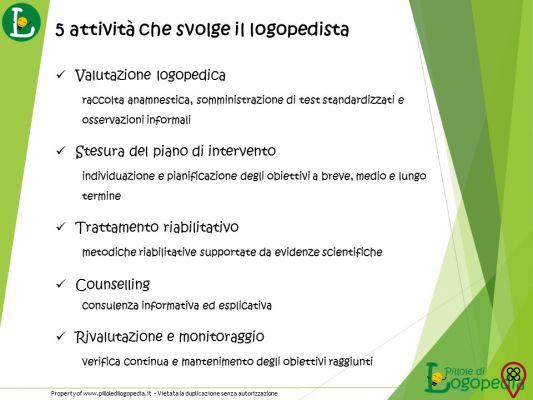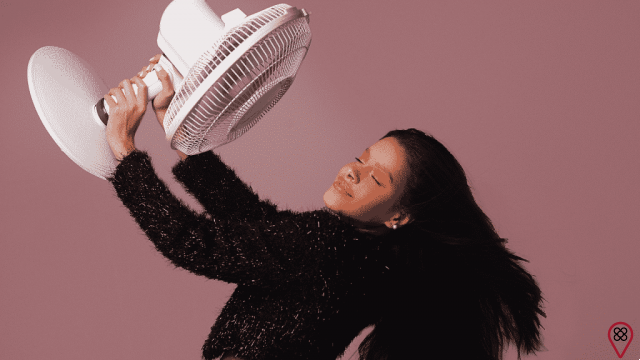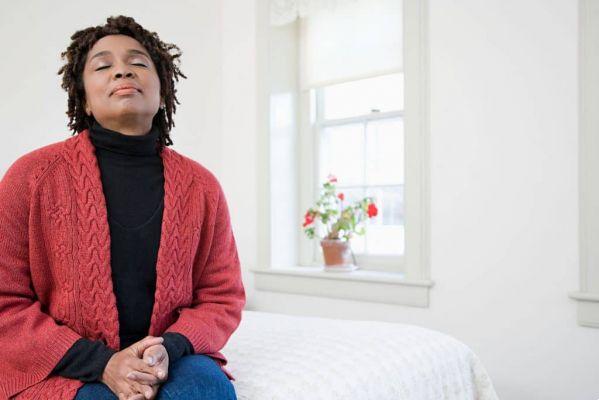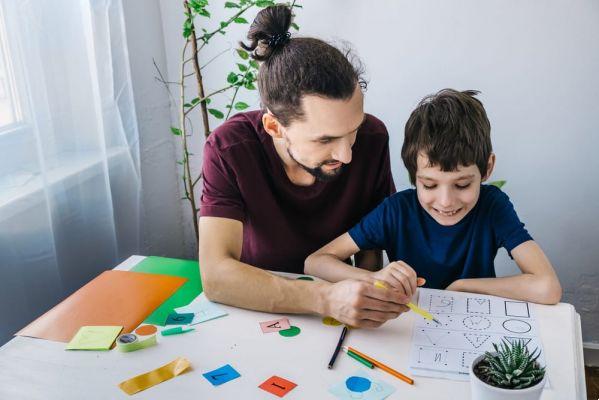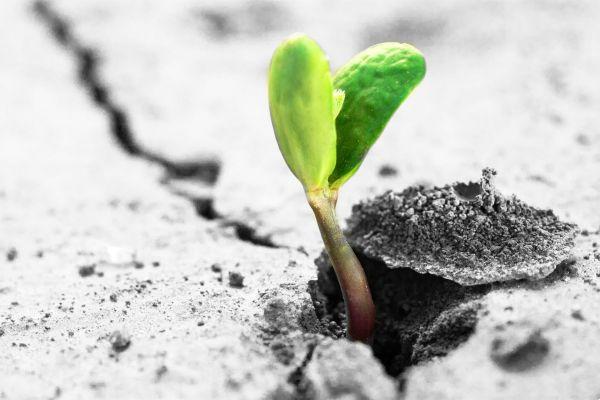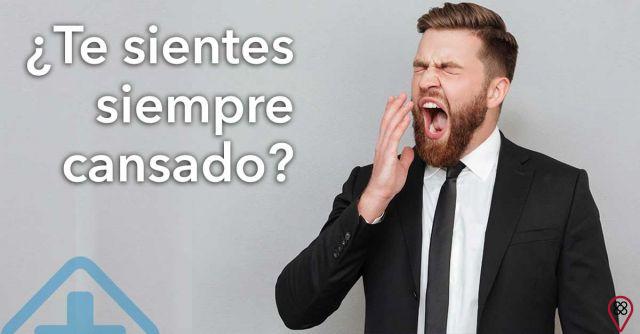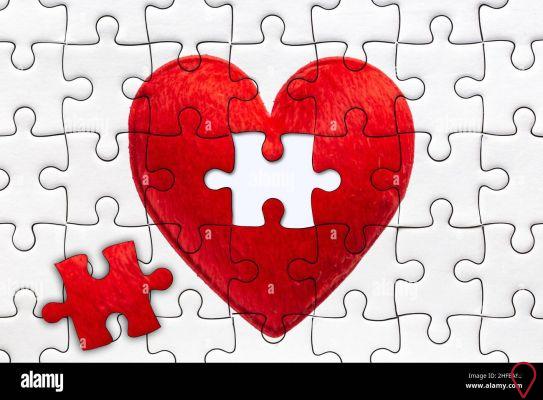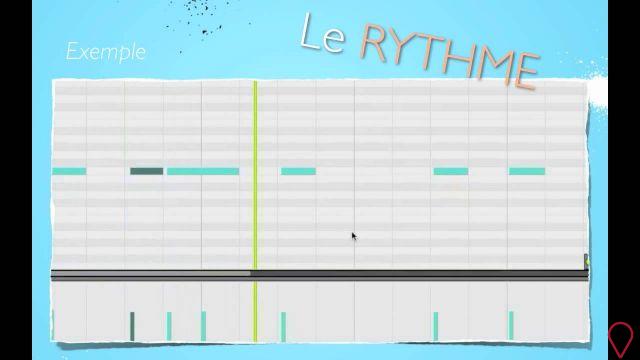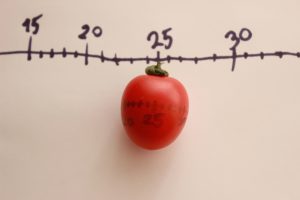reading therapy
With advances in technology and the “reading Twitter” trend, that is, the rejection of “textões” and the development of thoughts, the number of people who read books seems to be less and less. Today it is possible for a person to graduate in History, for example, without stepping into a library. The good side of this is that she can have access to almost any book in the world properly translated, but the bad side is that she has access to so many distractions that take her focus away.The first misconception of this contemporary society is to see reading as an obligation rather than therapy. It makes sense, after all, why read a book when I can watch the series on television in just one click? Faster, more practical, more objective, less winding and more fun. It is a serious mistake and one that is spreading more and more. As much as cinematographic works can be well adapted from the books, the level of depth is negligible. It is not possible to perceive the peculiarities in the author's writing, the narratives and all the plots that make a complete adaptation of any book impossible. That's why readers are almost always disappointed with the film adaptation of their favorite books.
There are a number of obstacles to reading books, especially in adult life. After a hard day at work, who hasn't tried to read something and fell asleep? It really isn't easy. Even more so in España, where books are taxed and some works are quite expensive, making access difficult for the poorest. In fact, an advantage of the technology is that the possibility of downloading some books in PDF greatly reduces costs.
For those who are in trouble or experiencing difficulties, the book offers the unique opportunity to teleport ourselves to other dimensions. Anyone who has never been immersed in a story and stuck in each page to know what will happen can never say that they have had all the delicious experiences of life.

Like any therapy, it needs to be tried and later made into a habit in our lives. Start reading small books, so you won't get discouraged. When you make reading a part of your routine, the big books you enjoy will seem small and believe me: when you finish them, you will end up feeling “orphaned” temporarily until you find a new story to dive into. In fact, who knows, maybe even take the risk of creating your own story and discovering a gift in you that you didn't know until then.
I remember the first book I read, including thanks for the school. It was an adaptation of a classic by writer Victor Hugo called “Les Miserables”. It started out “boring”, but it kept me hooked as the pages turned to find out how Jean Valjean could achieve his redemption. Many like to read first and then see the movie of the story so as not to be disappointed. I confess that sometimes I chose the opposite path in order to delve deeper into the narrative that I liked in the film.The film adaptation of Lolita is very good, both the first and second versions. It was only by reading the book that I later realized the peculiar and provocative way that the author Nabokov used to narrate the controversial passion of a man for a teenager. Not only the book, but its historical context and the impacts of the time in which it was released are also ways to acquire knowledge, therefore, true therapies for all of us.
Written by Diego Rennan of the Eu Sem Fronteiras team



